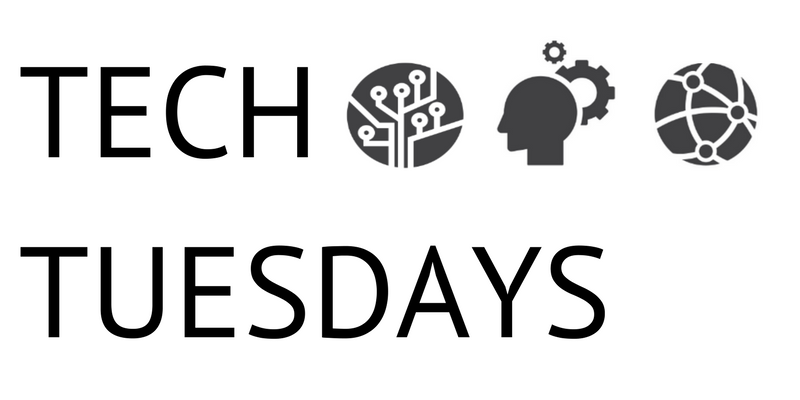|唐·博伊登|
Give a student search results and you solve their problems for one paper, teach a student to search and they can solve their problems for the rest of their life.
This variation on the old “teach a man to fish…” parable has been going through my mind as I follow the debate on does Google make us stupid. This affects me because I work to tune and enhance the search features in Gale’s online products.
怎么样,我想,我们帮助的学生可以建立自己的批判性思维能力,并更多地参与和成功与他们的学习,当他们的批判性思维过程本身是由搜索引擎形,可以缓解的需要思考的呢?
To be a total hypocrite, I went to google for the answer. I searched for “is Google making students stupid” and I got 2.3 million hits. Then I realized my faux pas and I ran the same search in Gale’s PowerSearch and got more than 360 articles, including 44 full-text peer-reviewed ones. I read the first 10 on the Google results and a smattering from the journals, newspapers, and magazines in Gale’s results.
我发现有这几个辩论阵营。还有那些谁从记忆事实和数字说,谷歌腾出了学生的心灵,使他们能够专注于更重要的事情。还有人说,谷歌实际上是重新布线学生的大脑。因为他们不再需要记住事实,因为他们并不需要做,他们已经记住的东西之间的连接,学生们正在失去创造更好的问题的能力。
Wow! I agree with both of those. So how do Gale’s online products help students through the arcane mechanics of building a successful search without taking the Google approach of delivering them to their search destination without an understanding of how they got there?
好了,我们正在做几件事情(充分披露 - 不是所有的这些特征存在于我们所有的产品):
-
- If their search has multiple terms that are all spelled right but still returns no results, ourMore Like Thisfeature parses their query. It selects the highest value terms, strips out punctuation like double quotes, and then submits the cleaned-up query. For example, in the screenshot below the articles do not contain “sharknado”. (Breaking the Fourth Wall Note to self: Hmmm… when this happens we don’t explain what we just did which doesn’t help the student, so we should probably tweak this UX.)

- If their search has multiple terms that are all spelled right but still returns no results, ourMore Like Thisfeature parses their query. It selects the highest value terms, strips out punctuation like double quotes, and then submits the cleaned-up query. For example, in the screenshot below the articles do not contain “sharknado”. (Breaking the Fourth Wall Note to self: Hmmm… when this happens we don’t explain what we just did which doesn’t help the student, so we should probably tweak this UX.)
- In our periodical products there’s even a你的意思是功能,检查学生对我们的出版物标题索引查询,看他们是否正在寻找一本杂志或期刊,而不是一个话题。如果有精确的匹配,我们显示出版物的名称在其搜索结果的顶部的热链接。

上面列出的功能只是我们为那些没有通过主页上第一个类似谷歌的搜索框的学生所做的一些工作。我们的产品还提供主页门户和主题浏览路径,鼓励更多好奇的学生绘制自己的路径图。希望这种幕后辅助工具和面向用户的功能的结合能让我们的学生参与到他们的研究过程中。如果我们想帮助培养终身学习者,那么我们也应该帮助他们理解学习不仅仅是得到正确的答案。








真棒唐!上市了大风产品功能,因金宝搏彩票此显然与有意义的例子。